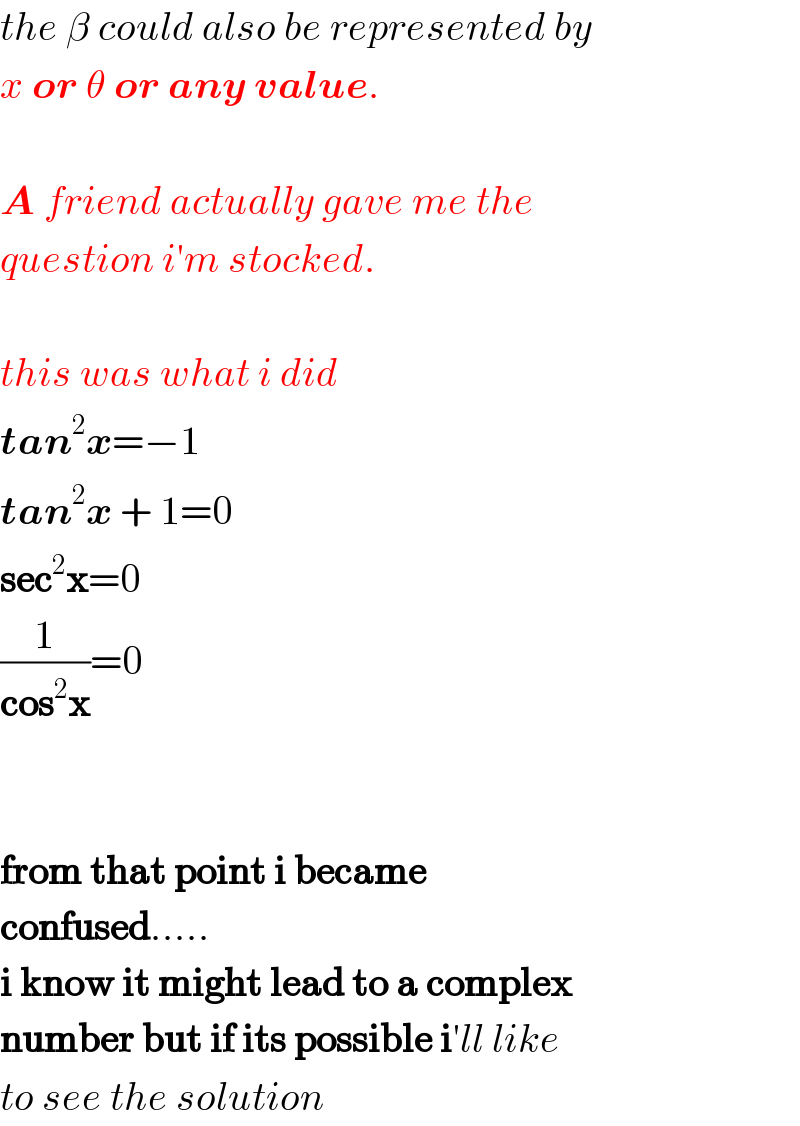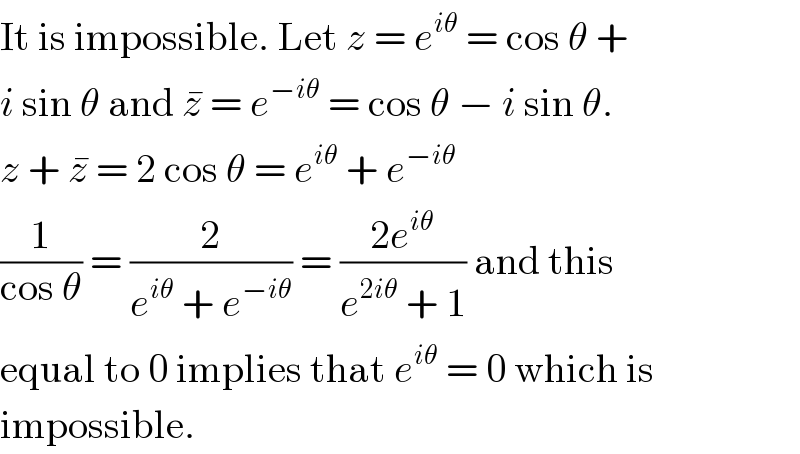
Question and Answers Forum
Question Number 19385 by NEC last updated on 10/Aug/17

Commented by NEC last updated on 10/Aug/17

Commented by Tinkutara last updated on 10/Aug/17

Commented by NEC last updated on 10/Aug/17

Commented by Tinkutara last updated on 10/Aug/17

Commented by NEC last updated on 10/Aug/17

